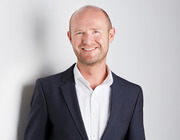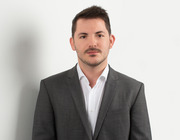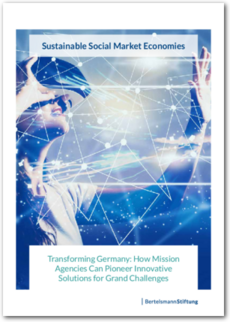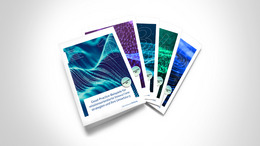The concept of mission orientation, which addresses the need for organizations and institutions to unite a broad range of stakeholders in targeting major societal challenges, has therefore attracted considerable attention among those in the policy and research communities. Nations as well as supranational entities on both sides of the equator have launched mission-oriented policy programs throughout the last decade. The European Green deal and the EU missions in the Horizon Europe research program constitute two of the most prominent examples of such programs at the European level.
In Germany, too, a shift toward more strongly transformative policy that looks beyond incremental changes to the status quo is evident. For example, the current federal government’s coalition agreement envisages a further development of the mission-oriented approach as a part of the High-Tech Strategy. This “Future Strategy” hints at a more holistic understanding of change processes, going beyond a narrow focus on technology. In addition, the creation of a Federal Agency for Disruptive Innovation (SprinD) in 2019, the initiation of the Alliance for Transformation within the Federal Chancellery, and the efforts to establish a German Agency for Transfer and Innovation (DATI) also demonstrate a desire to set comprehensive and trend-setting change processes into motion.








